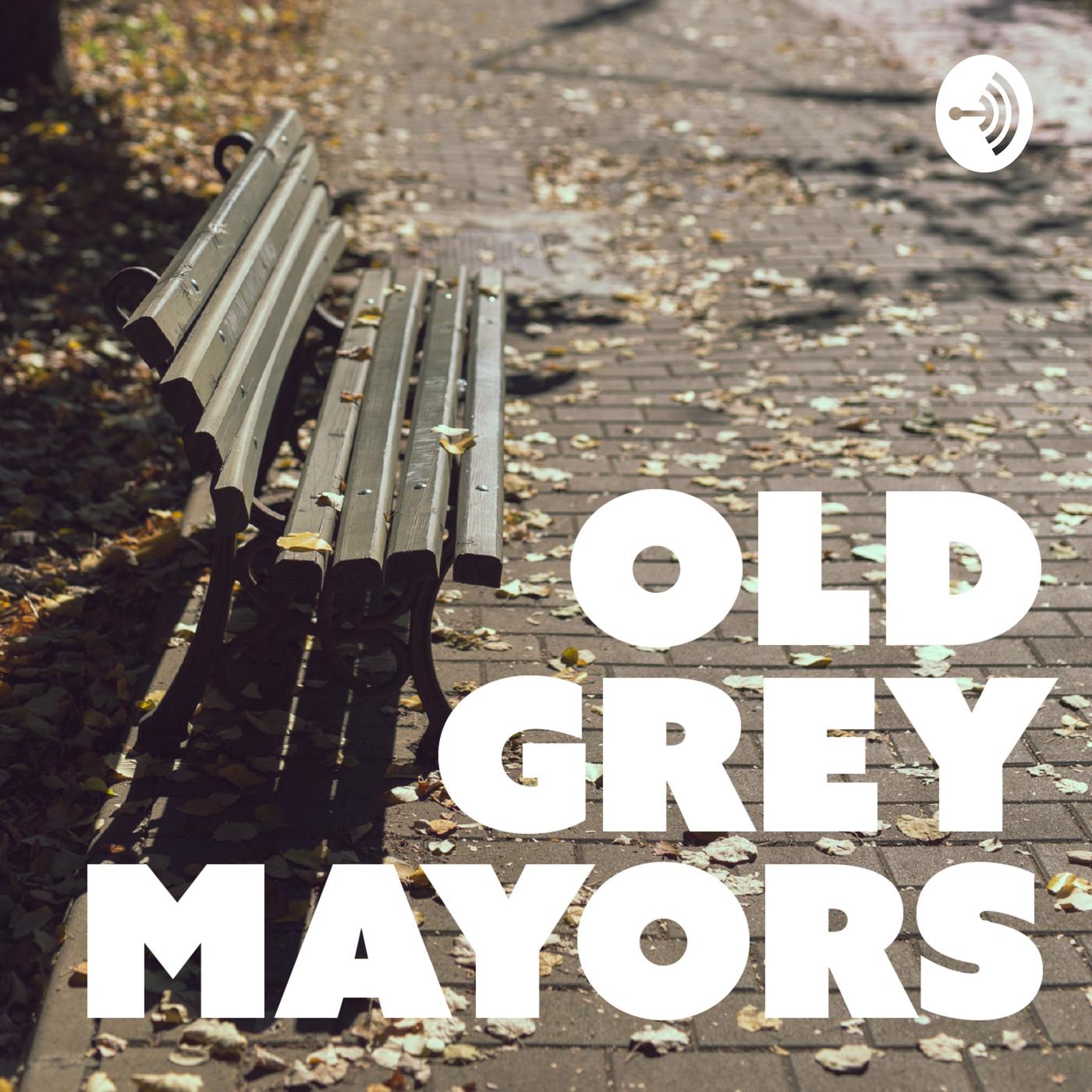
|
(519) 742-7774 Free initial Consultation Home and Hospital Visits Available |
|||
Episode 30: Bob Williams - Bob is not an elected politician, but he has dealt with a lot of them |
|
May 09, 2022, Kitchener, Ontario Posted by: Robert Deutschmann, Personal Injury Lawyer
His research and teaching interests included municipal government, Ontario politics, and electoral systems. Since he retired from the University of Waterloo, he has been hired by more than 35 municipalities to review and develop electoral arrangements. He has served on the Region of Waterloo municipal elections compliance audit committee from 2006 to the present. Rob and Bob's relationship dates back to Rob’s run for office. In Rob’s first-ever campaign, he recognized that the election against an incumbent depended in part on name recognition, so he came out very early with lawn signs featuring his name and placed them at a few strategic locations in the Township. Bob was interviewed at the time and wondered whether this was a helpful step in campaigning. The two of them laugh about how easy armchair quarterbacking is. Electoral arrangements are an interesting topic that Rob had little knowledge of before being on council. Bob explains, that Ontario has a Municipal Act and an Elections Act but neither of them goes into much detail. There is little information about how councils should be made up, or about how many members there should be above and beyond the minimum of 5 individuals including a ‘head of council’. The Acts do not discuss ward boundaries, how many representatives should be in any ward, or whether the council is elected at large or by ward. There is also no required interval for examining whether council composition and ward boundaries are still equitable, or how often they should be evaluated. These processes make up part of Bob’s academic focus, and his post-retirement career as an Integrity Commissioner and consultant. Drawing electoral boundaries is a complex process that can be very controversial. People don’t like change, and they certainly don’t like municipal boundary changes. Cambridge is a wonderful example of boundary change issues. People from Cambridge still identify very heavily with Preston, Hespeler and Galt as place names and locations, yet it’s been decades since amalgamation. There are two key considerations when examining electoral boundaries or municipal boundaries. The first is that population parity is important. The second is that there should be a ‘commonality of interest’ for the population within the ward. Considerations should also be given to future growth so that the wards stay relatively equal in population for the near future. It is a lot of work to rebalance wards, and municipalities don’t want to do that too often. The province offers no guidance in this matter either. Many electoral boundaries use natural features like rivers or man-made features like roads to create boundaries, but that doesn’t always make sense. Sometimes due to historical decisions, municipal boundaries and wards don’t make any sense at all. For example, in North Dumfries Township there is a piece of Flamborough that used to be part of a different municipality. The part of the township is separated from most of North Dumfries, and people there tend to identify more closely with Cambridge. It makes sense since they are closer to it, and use its services. Another area of interest for Bob has been Municipal Codes of Conduct. He has acted as a consultant and as Integrity Commissioner widely in Ontario and is concerned an expert in this field. As Bob tells it, codes of conduct are codified standards of ethical behaviour. They help to establish the propriety between elected officials and everyone else. The codes cover relationships with consultants and vendors, with the public, and between council members. Rob discusses his experience with codes of conduct during his time in office. He talks about how difficult it was to determine what kind of gifts, lunches out, or trips could be accepted by councillors since there was no code of conduct at the township. Once the code was written it was easier for politicians to be transparent about standards and relationships. It also gave the electors confidence in the politicians. When anyone feels that a politician has acted improperly they can enter a complaint to the Integrity Commissioner of the municipality for review. This is a formal process requiring specific information about the situation. The commissioner examines the complaint and advises the council whether or not a breach has occurred. Council can then act to reprimand the politician. If there is any criminal activity or fraud involved, the matter is referred to the appropriate bodies. This podcast will be especially interesting to anyone who wants to understand how councils work, their self-policing abilities, and addressing dubious behaviour. You can tune into Old Grey Mayors on your favourite podcast app or online.
|
|
| Posted under Old Grey Mayors
View All Posts |
|
About Deutschmann Law Deutschmann Law serves South-Western Ontario with offices in Kitchener-Waterloo, Cambridge, Woodstock, Brantford, Stratford and Ayr. The law practice of Robert Deutschmann focuses almost exclusively in personal injury and disability insurance matters. For more information, please visit www.deutschmannlaw.com or call us at 1-519-742-7774.
|
|
Contact us for a
free initial consultation |
Personal Injury Blog
Connect with us
Deutschmann Law concentrates its practice in matters concerning car accidents, motorcycle accidents, pedestrian accidents,bicycle accidents, catastrophic injury, serious injury, brain injury, spinal cord injury and disability insurance claims. Serving Kitchener, Waterloo, Cambridge, Brantford, Ayr, Woodstock, Guelph, Milton, Elmira, Tavistock, Tillsonburg, Ingersoll, Norwich, Elora, Fergus, New Hamburg, Ontario and surrounding areas. “Deutschmann Law Professional Corporation” is practicing under the name Deutschmann Law. © 1998 - 2024 Deutschmann Law Accident, Injury Lawyers and Disability Lawyer Site Map Disclaimer Website by We Think Solutions Full Site | Mobile Site |
 In this episode of
In this episode of 